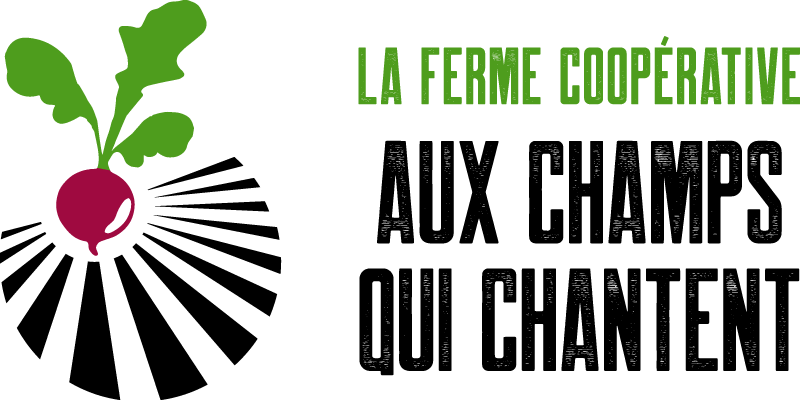Basket contents: Edamame, ground cherries, peppers, tomatoes, cabbage, mesclun, potatoes, celery, choice of rosemary or thyme, sacred basil.
New GMOs approved to increase pesticide use
It’s rare that we hear about agriculture on the news. Despite all of us, everyone, relying on it for our very survival, it so often gets left out of the public arena, and the public has very little chance for input into how their food is grown. We try to change that at our farm, through these newsletter updates, direct contact with a farmer at drop-offs and our yearly partner meeting in the spring.
Well I’m often not exposed to mainstream media, so I’m not sure if this week’s big news in agriculture made the headlines. This week the US Agriculture Department approved the use genetically modified corn and soybean seeds that are resistant to the herbicide 2-4-D. This weed-killer, made by Dow Chemical has been linked to a range of health risks including cancer and Parkinson’s disease in response to industrial farmers’ demands for an alternative to the GMO corn and soybean currently available that is resistant to Monsanto’s Roundup herbicide. These crops have been modified to enable them to withstand being sprayed repeatedly by chemicals that would otherwise be toxic to them. Farmers have found, however, that the very weeds Roundup is supposed to be killing have themselves become resistant to the herbicide. The US Food and Drug Administration still needs to approve the chemical for food production, and if it does, pesticide use is expected to increase by 600%!
And so the cycle continues: major profits for mega agrichemical corporations, increased costs to farmers, more chemicals polluting our food, soil, water, and wildlife, and an ever increasing need for more and newer chemicals to counter Nature’s natural resistance. And within a certain industrial framework, there can be no other way. But we small, local, organic farmers know its this very framework, the industrial view of food-production, that is flawed. Alternatives exist to chemical-dependant agriculture! We know that, we hope you our partners know that, and we hope as well that you share our outrage at being left out of the conversation on how we want our food produced. Although this is news coming from the United States, it is never very long before ‘market pressures’ ‘force’ us to adopt the same technology here. À suivre…
First Frosts
This week we received our first killing frost! This is just our third fall on the farm, but it seems very early this year! We had a little rush to harvest all of the frost-sensitive crops in time: tomatoes, squash, peppers, eggplant, ground cherries… so it’s official, fall has begun! You can look forward to a shift in the types of vegetables you will be receiving in remaining five baskets, just in time for the warmer food inspired by these cooler nights.
